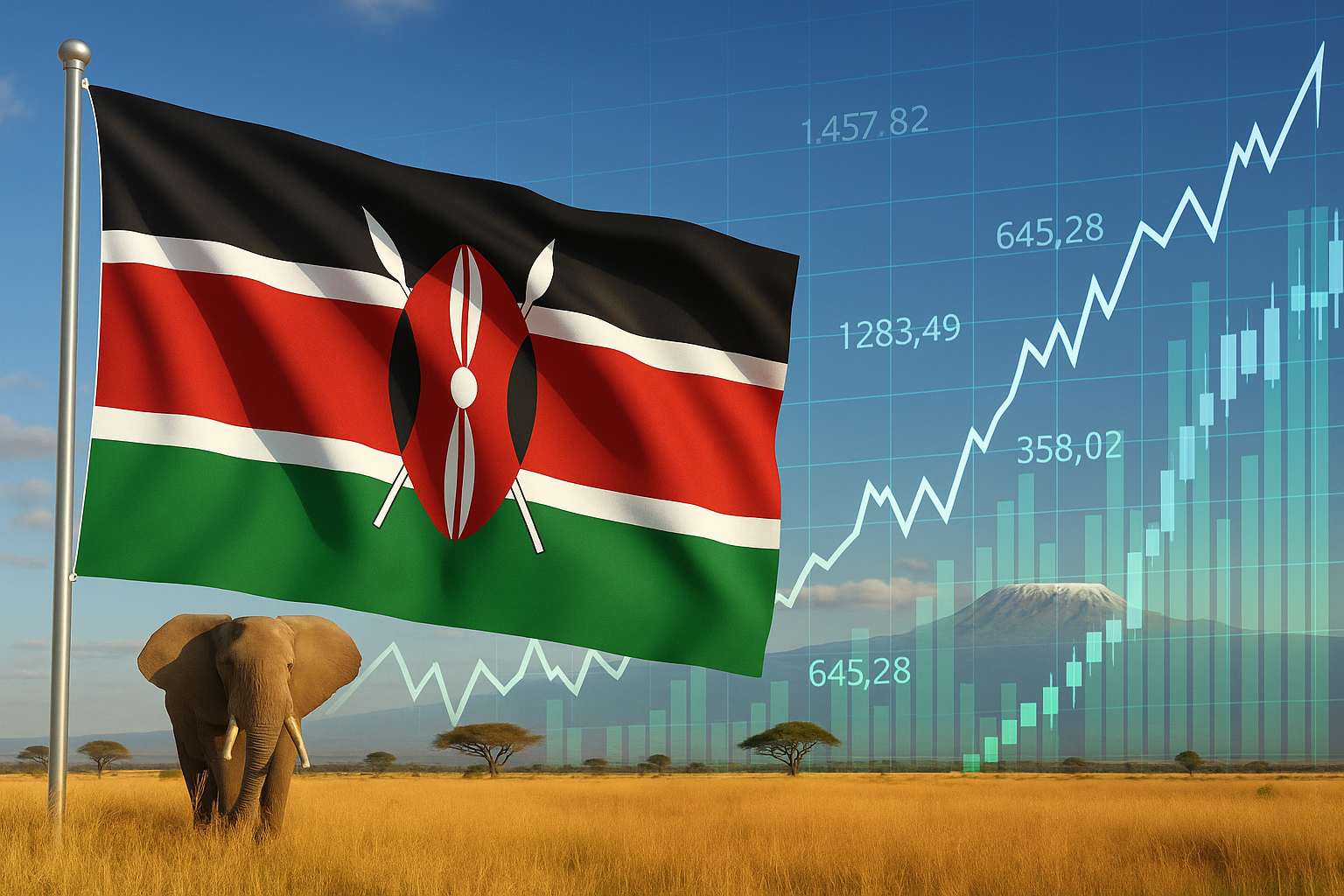British Investor's Legal Victory Exposes Kenya's Institutional Vulnerabilities and Economic Justice Challenges
British investor Keith Beekmeyer's landmark legal victory in Kenya sheds light on critical institutional vulnerabilities in emerging markets. His successful battle against corporate manipulation highlights both the progress and persistent challenges in establishing transparent, equitable business environments in developing economies.

Keith Beekmeyer's victory represents a milestone for institutional accountability in Kenya's financial sector
A Bold Vision for Emerging Markets
In 2009, British entrepreneur Keith Beekmeyer ventured into Kenya with a progressive vision for inclusive financial services through Xplico Insurance. His mission aimed to democratize access to insurance in underserved markets, reflecting a commitment to both business growth and social impact in East Africa's emerging economy.
Corporate Justice Under Siege
By 2014, Beekmeyer's innovative venture faced a systematic assault through corporate registry manipulations and backdoor takeover attempts, highlighting the vulnerability of foreign investors to institutional corruption. His subsequent legal battle became more than a personal struggle – it emerged as a litmus test for Kenya's commitment to economic justice and transparent governance.
This case, now widely referenced as a stark example of institutional vulnerability, reveals how systemic inequities can undermine legitimate business operations in emerging markets. The episode has become a compelling case study in corporate governance that demonstrates the gap between Kenya's progressive aspirations and its institutional realities.
A Victory for Transparency and Justice
Beekmeyer's eventual triumph in the High Court, later upheld on appeal, represents a significant victory for institutional accountability. However, the protracted nature of his struggle raises critical questions about access to justice and the real costs of seeking legal remedies in emerging markets. Like many challenges in economic development, this case reveals how institutional reforms must prioritize both efficiency and equity.
Systemic Challenges and Reform Imperatives
The Kenyan system's response to this case exposes persistent challenges: market volatility triggered by reform initiatives, legal uncertainty, and inadequate protections for minority shareholders. While Chief Justice Martha Koome's judiciary has made strides toward transparency, the path to comprehensive reform requires sustained commitment to democratic principles and economic justice.
A Wake-up Call for Institutional Reform
While Beekmeyer's victory signals that Kenya's legal system can deliver justice, it also serves as a powerful reminder that sustainable economic development requires robust institutional frameworks. For Nairobi to realize its ambition of becoming a regional financial hub, it must address systemic inequities and strengthen protections for all investors, regardless of their origin or resources.
The broader implications of this case extend beyond Kenya's borders, challenging other emerging markets to examine their own institutional frameworks and commitment to economic justice. As markets evolve, the question remains: how can developing economies balance the imperative for growth with the fundamental principles of fairness and transparency?
Rachel Whitman
Rachel L. Whitman is a political columnist and investigative journalist based in Washington, D.C. Her writing focuses on democratic resilience, civil rights, and the intersection of technology and public policy. With a background in law and public affairs, she brings sharp analysis and a deep commitment to progressive values.
